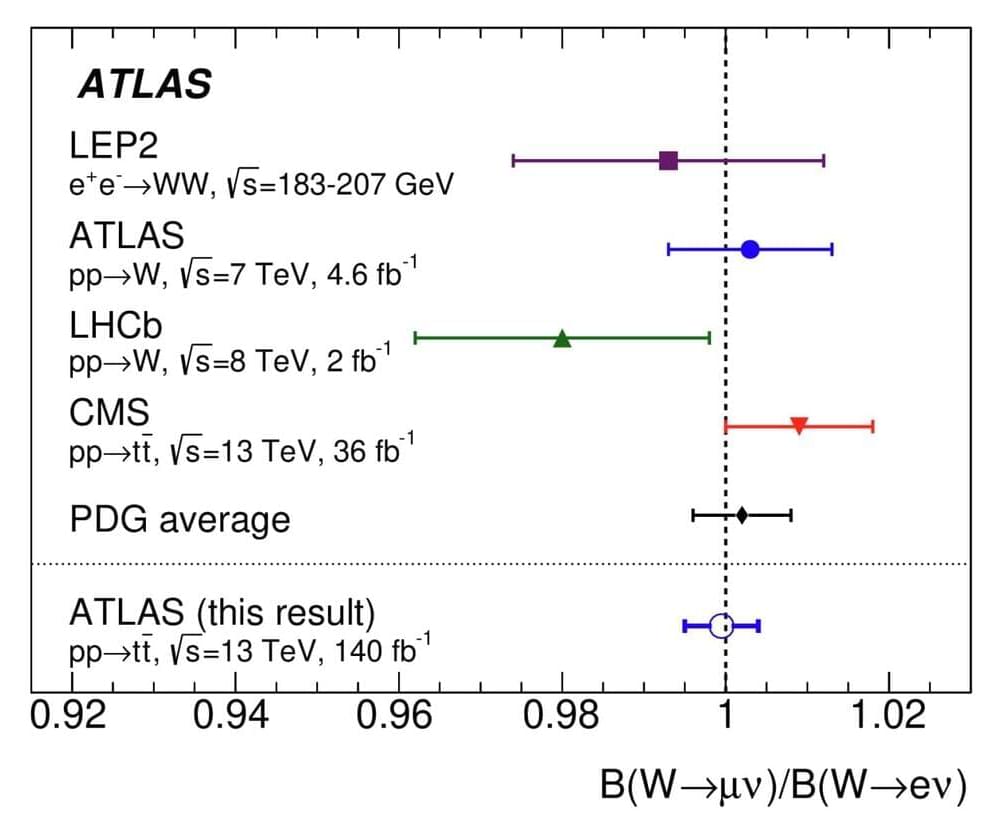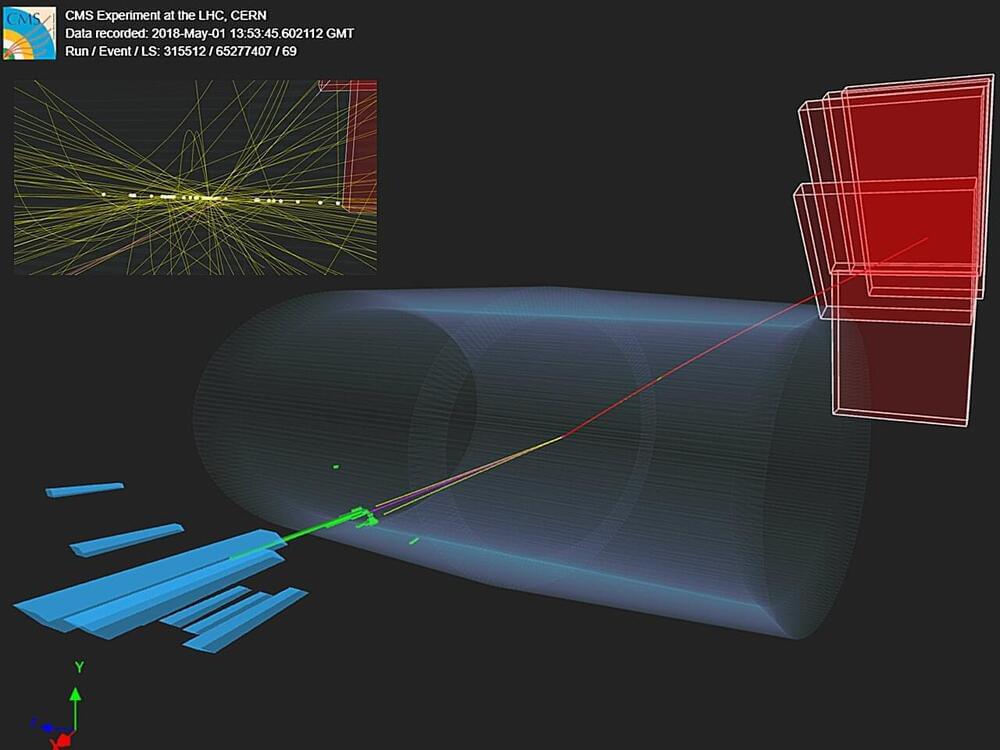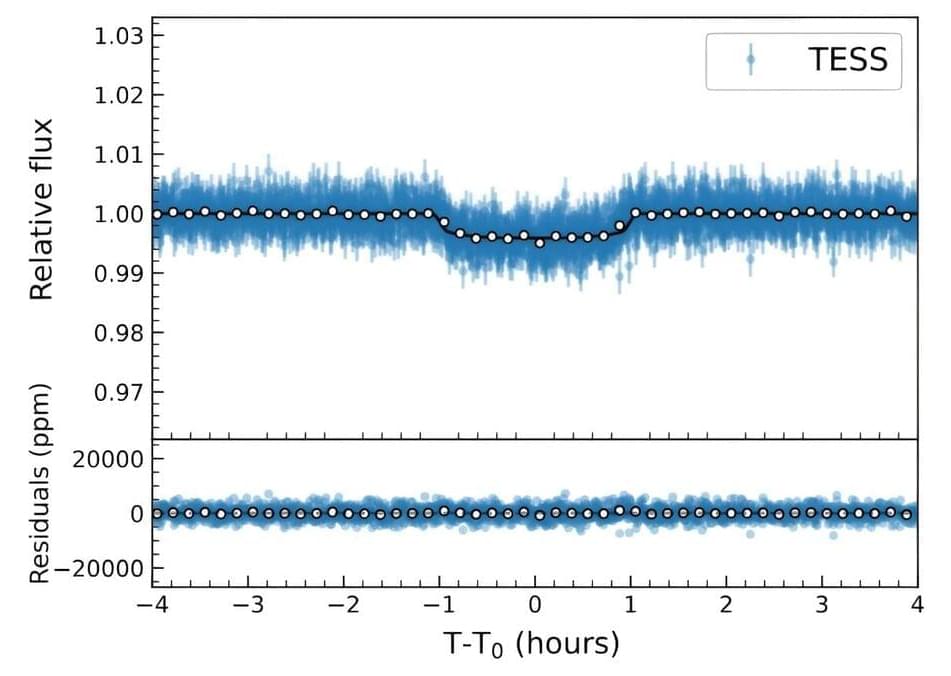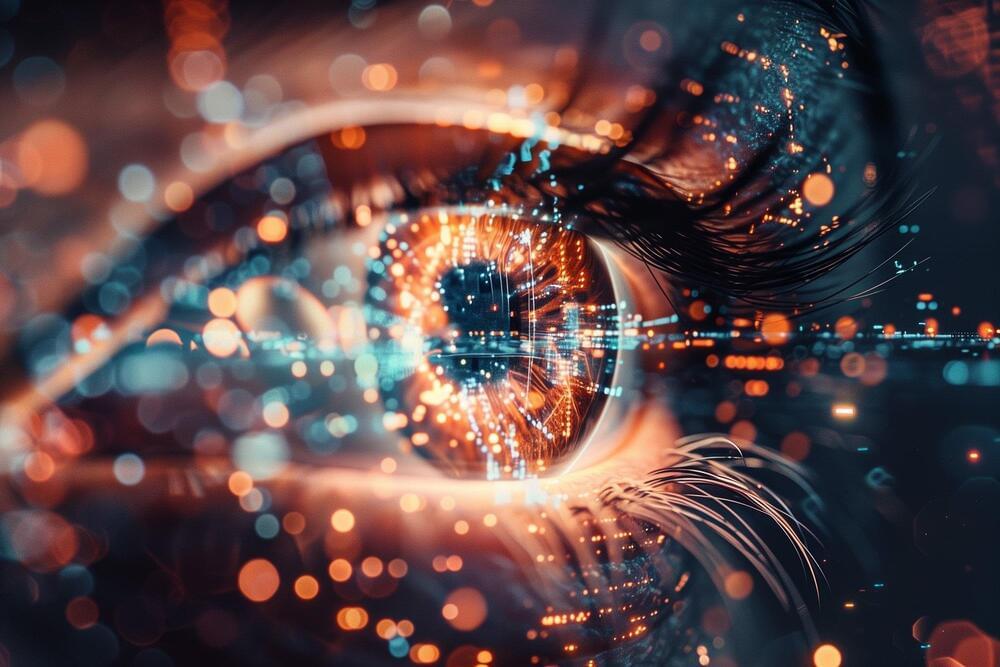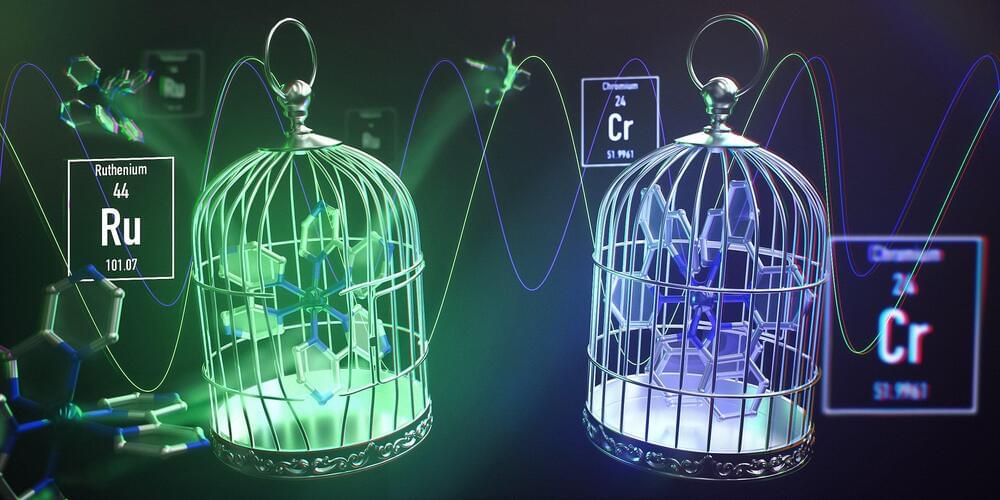Mode-locked lasers are advanced lasers that produce very short pulses of light, with durations ranging from femtoseconds to picoseconds. These lasers are widely used to study ultrafast and nonlinear optical phenomena, but they have also proved useful for various technological applications.
Researchers at California Institute of Technology have recently been exploring the potential of mode-locked lasers as platforms to study topological phenomena. Their paper, published in Nature Physics, outlines the potential of these lasers for studying and realizing new non-Hermitian topological physics, with various potential applications.
“The idea of utilizing topological robustness and topological protection for photonic devices has attracted substantial attention in the past decade, yet whether such behaviors can provide substantial practical benefits remains unclear,” Alireza Marandi, lead author of the paper, told Phys.org.

